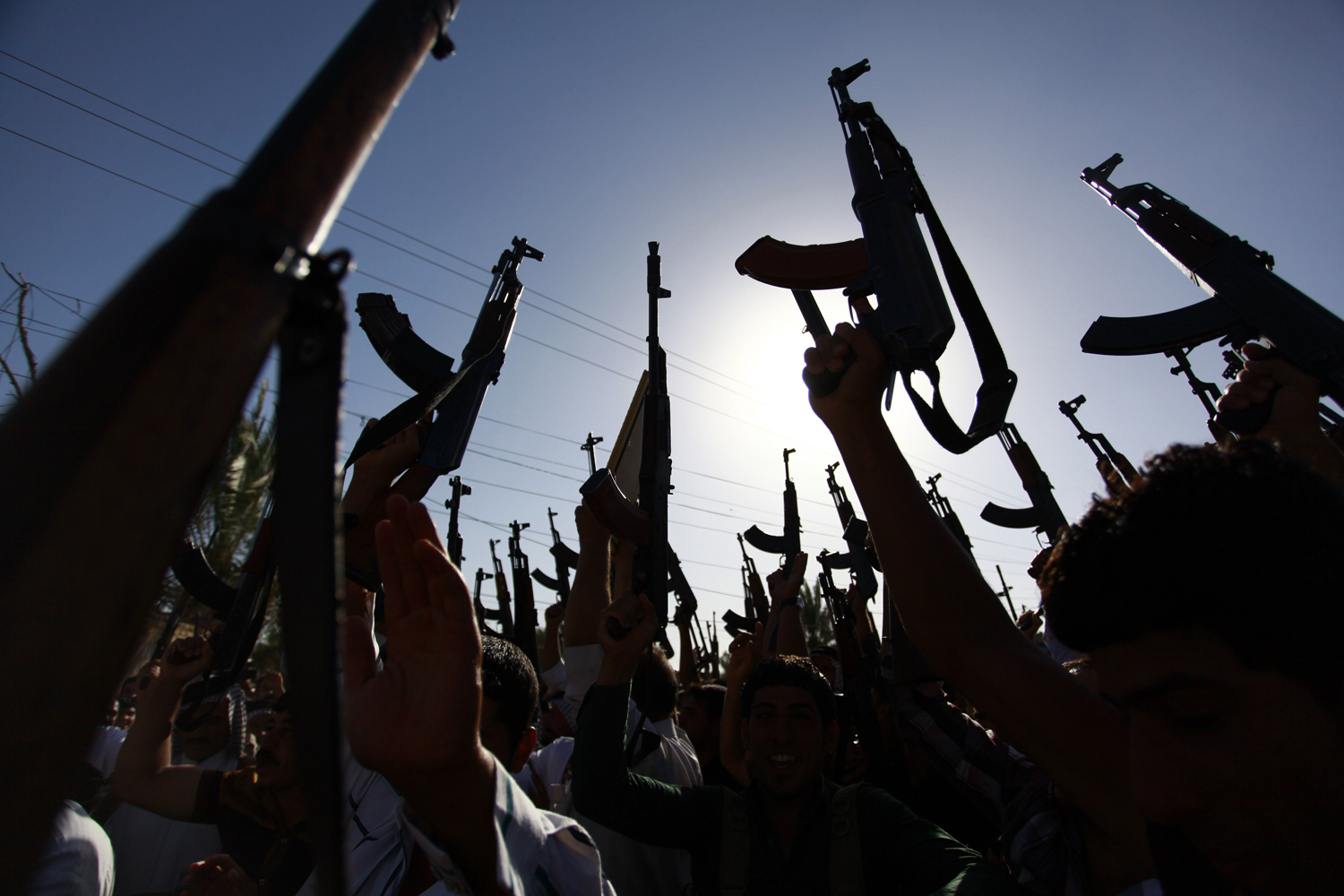
Iraq’s embattled government is clamoring for U.S. air strikes against Sunni militias that continue to capture large swaths of territory north of the capital, Baghdad, including portions of the country’s largest oil refinery.
During an official visit to Saudi Arabia this week, Iraq’s Foreign Minister Hoshyar Zebari confirmed the U.S. has been officially asked to supply air support to help halt a massive rebel offensive that is being led by the Islamic State of Iraq and Greater Syria (ISIS).
“Iraq has officially asked Washington to help … and to conduct air strikes against terrorist groups,” Zebari told reporters, according to the AFP.
“A military approach will not be enough. We acknowledge the need for drastic political solutions.”
In Washington, U.S. President Barack Obama met with his National Security Council earlier this week before sitting down with top legislators in the Oval Office on Wednesday.
“The President directed his national security team to develop a range of options, and that work is ongoing,” White House spokesman Jay Carney told a pool of reporters Tuesday.
“But there is no military solution that will solve Iraq’s problems, which is why we’ve been urgently pressing Iraq’s leaders across the political spectrum to govern in a non-sectarian manner.”
A car bomb exploded inside a parking lot in the Iraqi capital’s southeastern Shi‘ite neighborhood of New Baghdad on Thursday, killing three and leaving seven people injured, reports the AP.
On Wednesday, reports circulated that ISIS fighters had seized significant swaths of Iraq’s largest oil refinery in Baiji, despite coming up against stiff resistance from government forces comprising elite Iraqi commandos who had the support of helicopter gunships.
Iraqi officials have continued to deny that the battle for the facility has been lost to ISIS.
Brigadier General Arras Abdul Qadir, who is commanding the battle against the insurgent forces at the refinery, reportedly told the New York Times by phone that his men were still inside the facility and fighting.
However, when asked how long his troops could hold out against the enemy, Qadir replied, “We will see.”
More Must-Reads from TIME
- Donald Trump Is TIME's 2024 Person of the Year
- Why We Chose Trump as Person of the Year
- Is Intermittent Fasting Good or Bad for You?
- The 100 Must-Read Books of 2024
- The 20 Best Christmas TV Episodes
- Column: If Optimism Feels Ridiculous Now, Try Hope
- The Future of Climate Action Is Trade Policy
- Merle Bombardieri Is Helping People Make the Baby Decision
Contact us at letters@time.com